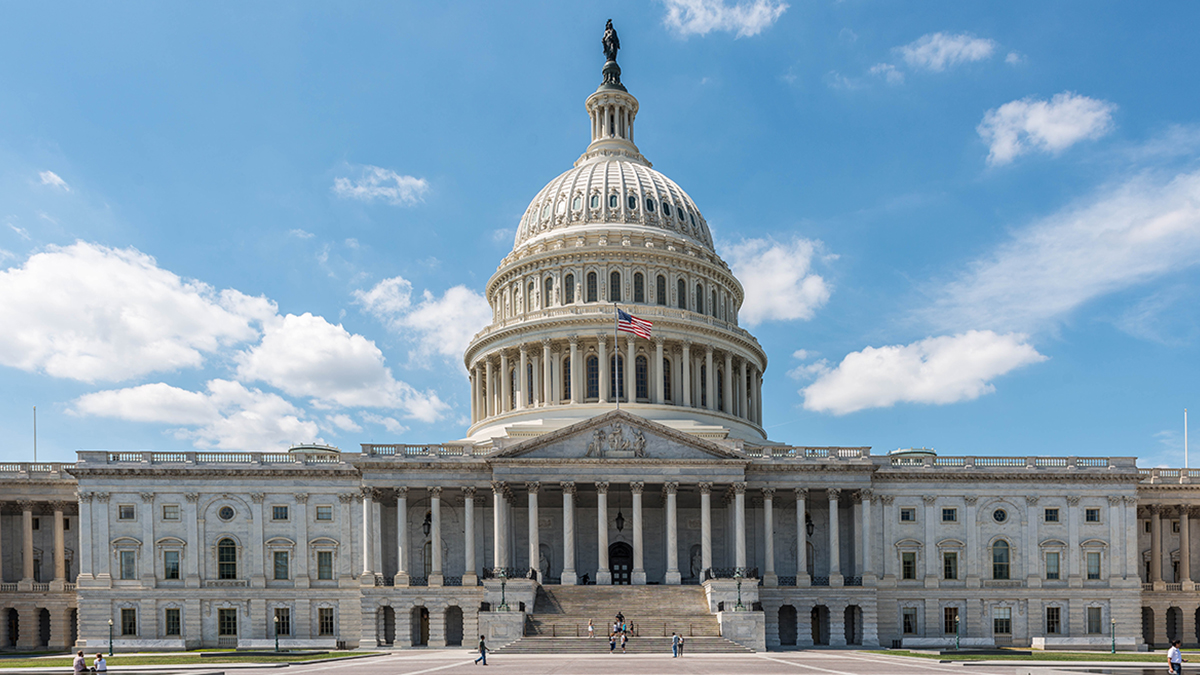House
With Appropriations season in full swing, the House has been busy passing legislation to fund the government in 2021. In late July, Representatives voted on party lines to send a package of bills funding the Department of Interior and EPA to the Senate, and will soon vote to advance legislation containing Department of Energy funding. Included in the DOI/EPA bill are provisions aimed at curtailing offshore drilling activities in the Atlantic and Gulf of Mexico, as well an amendment curtailing ANWR drilling, although those provisions will likely be dropped in the Senate version of the legislation. Earlier in the month, the House overwhelmingly passed the Great American Outdoors Act, which will permanently fund the Land & Water Conservation Fund (LWCF) with royalty payments from offshore natural gas and oil drilling in federal waters. Already approved by the Senate in June, the bill awaits President Trump’s signature into law.
Senate
Following a two week break in mid-July, the Senate returned to confirm another six of the President’s nominees as well as pass its version of the 2021 National Defense Authorization Act (NDAA). Senators will now look to negotiate with the House, which passed its own NDAA bill in late July, before sending a final NDAA to the President. On the appropriations front, the Appropriations Committee has not yet marked up any of its bills, and it appears unlikely to do so before the November elections. Senator McConnell released the Senate version of the next COVID-19 relief legislation, the HEALS Act. In its current form, the bill would provide a plethora of additional pandemic relief for businesses and individuals, including a second round of $1,200 stimulus checks. The House passed it’s bill, the HEROS ACT, back in May. Serious negotiations will need to take place, and quickly, if the next round of COVID-19 aid will be enacted before the Congressional August work break.
White House
The Administration has continued to push regulatory changes in the energy sector and focus on the President’s reelection. In mid-July, the president announced finalized changes that will scale back the National Environmental Policy Act (NEPA). The changes center on narrowing the categories of federal actions that require the more detailed environmental impact statements, as well as a section clarifying that judicial reviews of decisions should not take place before an agency has issued a record of decisions on a particular matter. Regarding other changes, EPA in late July announced plans to retain its existing ozone level standards for the next decade. The Supreme Court has also been busy as of late, recently ruling that nearly half of Oklahoma is technically Native American reservation land, a decision that is bound to have impacts on energy exploration and production in the state.





